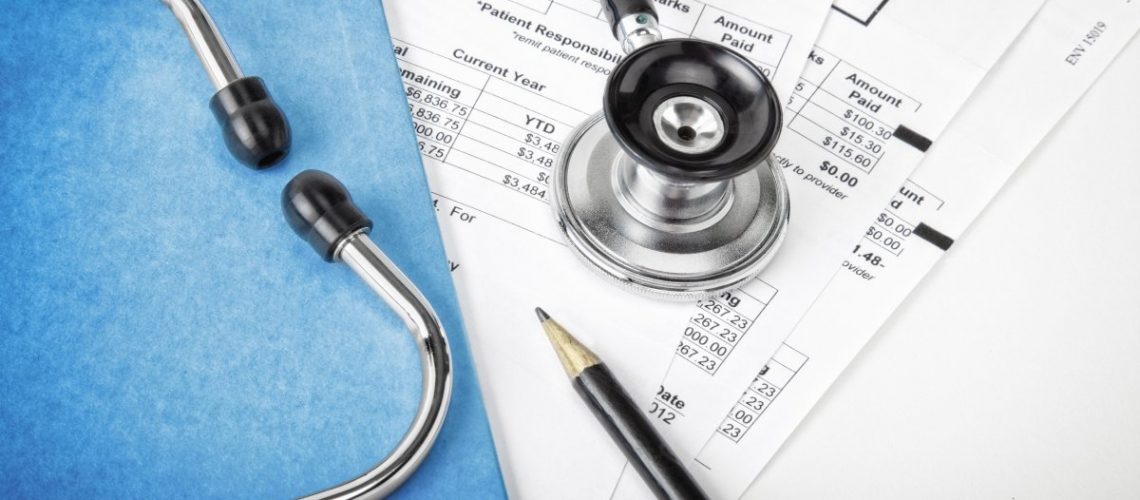Early in July, the U.S. Department of Health and Human Services (HHS), under the Biden-Harris Administration appointee Secretary Xavier Becerra, issued an interim final rule to restrict surprise medical bills and balance billing from healthcare providers.
The interim final rule, “Requirements Related to Surprise Billing; Part I,” was issued in partnership with the U.S. Departments of Labor, Treasury and the Office of Personnel Management (OPM).
According to a release from the HHS website, this interim final rule was created to restrict excessive out of pocket costs to consumers from surprise billing and balance billing. These two practices are currently prohibited in both Medicare and Medicaid, and this rule would extend similar protections to Americans insured through employer-sponsored and commercial health plans.
Among other provisions, today’s interim final rule:
- Bans surprise billing for emergency services. Emergency services, regardless of where they are provided, must be treated on an in-network basis without requirements for prior authorization.
- Bans high out-of-network cost-sharing for emergency and non-emergency services. Patient cost-sharing, such as co-insurance or a deductible, cannot be higher than if such services were provided by an in-network doctor, and any coinsurance or deductible must be based on in-network provider rates.
- Bans out-of-network charges for ancillary care (like an anesthesiologist or assistant surgeon) at an in-network facility in all circumstances.
- Bans other out-of-network charges without advance notice. Health care providers and facilities must provide patients with a plain-language consumer notice explaining that patient consent is required to receive care on an out-of-network basis before that provider can bill at the higher out-of-network rate.
According to HHS, these provisions will provide patients with financial piece of mind when it comes to emergency care, as well as safeguard them from unknowingly accepting out-of-network care and then incurring surprise billing expenses.
This act was published to the Federal Register on July 13, and comments can be submitted through September 7, 2021. This is the first of several requirements that was passed in the “No Surprises Act,” which was part of the Consolidated Appropriations Act, 2021. Barring any changes, the regulations issued in this interim final rule will take effect for healthcare providers and facilities on January 1, 2022. For group health plans, health insurance issuers and Federal Employees Health Benefits Program carriers, the provisions will take effect for plan, policy or contract years beginning on or after January 1, 2022.
This interim final rule is coming at a time when more attention is being placed on healthcare bills. According to a February 2020 study by the Kaiser Family Foundation, two in every three adults have concerns about unexpected healthcare bills, more than the number that say they worry about paying for other medical or household expenses. In addition, seven in 10 adults aged 18-64 with a household income under $40,000 say they would not be able to afford an unexpected healthcare bill of $500.
The window to file comments on the interim final rule closes on Sept. 7. Written comments may be submitted to the addresses below. Comments that are submitted will be shared among HHS, the Treasury and Labor Departments and OPM.
- Submit electronic comments on this regulation at https://www.regulations.gov by entering the file code file code CMS-9909-IFC in the search window and then clicking on “Comment.”
- Mail written comments to the following address: Centers for Medicare & Medicaid Services, Department of Health and Human Services, Attention: CMS-9909-IFC, P.O. Box 8016, Baltimore, MD 21244-8016. Allow sufficient time for processing written comments before the Sept. 7 deadline.
- Send written comments by express or overnight mail to: Centers for Medicare & Medicaid Services, Department of Health and Human Services, Attention: CMS-9909-IFC, Mail Stop C4-26-05, 7500 Security Boulevard, Baltimore, MD 21244-1850
Ridiculously Nice Legal Disclaimer
The content provided in this communication (“Content”) is presented for educational and general reference purposes only. Americollect, Inc and/or AmeriEBO LLC either directly or indirectly through speakers, independent contractors, or employees (collectively referred to as “Americollect”) is providing this Content as a courtesy to be used for informational purposes only. The Contents are not intended to serve as legal or other advice. Americollect does not represent or warrant that the Content is accurate, complete, or current for any specific or particular purpose or application. This information is not intended to be a full and exhaustive explanation of the law in any area, nor should it be used to replace the advice of your own legal counsel. By using the Content in any way, whether or not authorized, the user assumes all risk and hereby releases Americollect from any liability associated with the Content.

